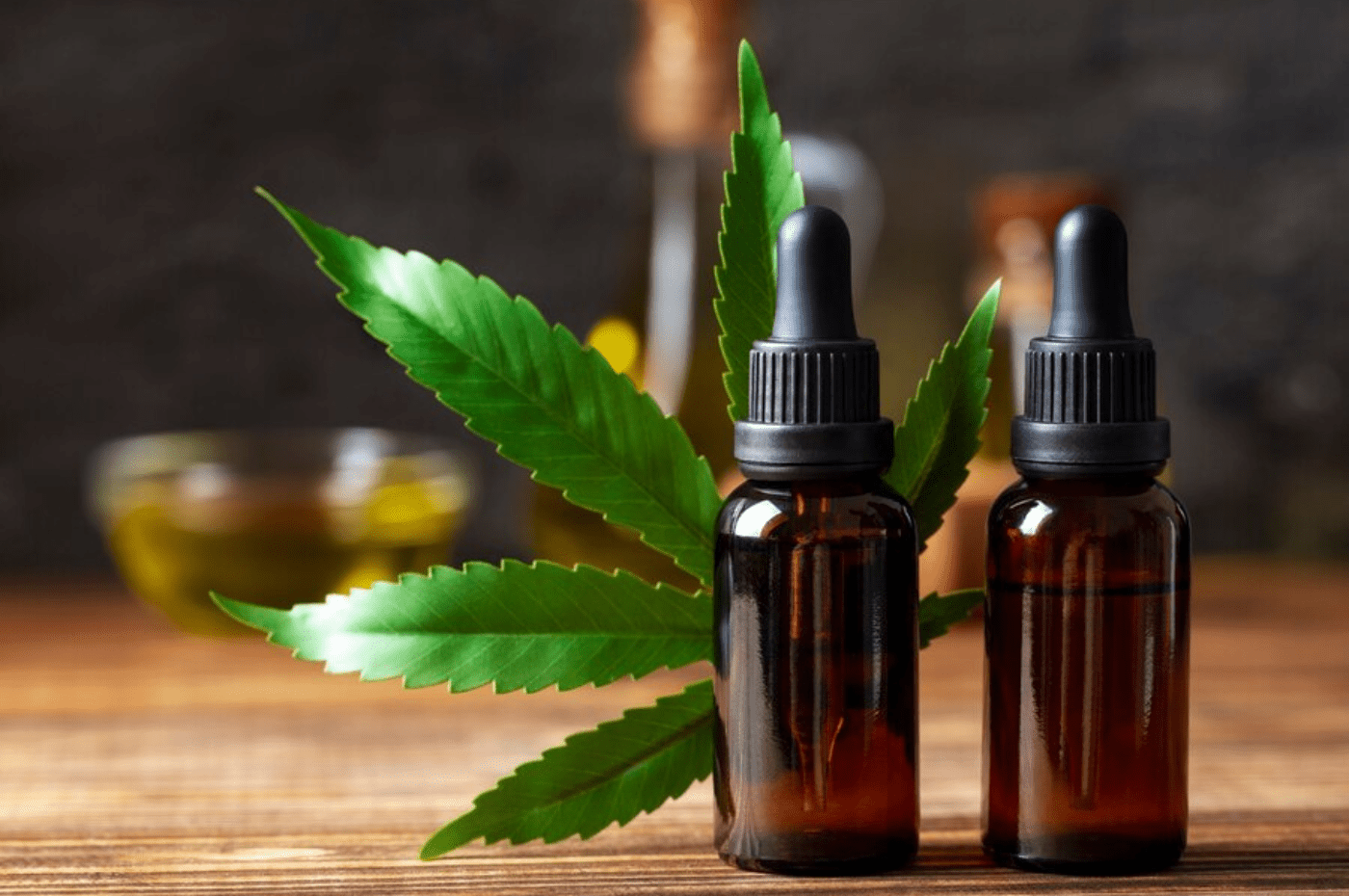CBD, a well-known compound found in cannabis, has gained popularity for its health benefits, such as reducing anxiety, managing chronic pain, and improving sleep. However, recent research suggests that CBD might also have antimicrobial properties, specifically its ability to kill certain types of bacteria. This discovery could have significant implications, especially in the fight against antibiotic-resistant bacteria. Here’s a closer look at what this means and the current understanding of CBD’s antibacterial potential.
Does CBD Kill Bacteria?
CBD has shown potential in killing both Gram-positive and Gram-negative bacteria, two major types distinguished by the structure of their cell walls.
Gram-Positive Bacteria
Gram-positive bacteria are more difficult to kill because they have thicker protective layers. Interestingly, studies have found that CBD can effectively kill many Gram-positive bacteria, even those resistant to traditional antibiotics. For example, Methicillin-resistant Staphylococcus aureus, which causes dangerous staph infections, is one such bacterium that CBD can combat.
Other Gram-positive bacteria that CBD can kill include Clostridioides difficile (causes colon infections) and Streptococcus pneumoniae (causes pneumonia and meningitis).
Gram-Negative Bacteria
Gram-negative bacteria, while having thinner cell walls, are often more resistant to antibiotics. However, CBD has been found to kill certain drug-resistant strains of Gram-negative bacteria, including Neisseria gonorrhoeae, Moraxella catarrhalis and Legionella pneumophila.
Why Does This Matter?
The ability of CBD to kill bacteria is especially important given the rise of antibiotic resistance, where bacteria evolve to resist the effects of existing antibiotics.
Some bacteria, such as MRSA and clostridioides difficile, have become particularly dangerous due to their high resistance to antibiotics, leading to tens of thousands of deaths annually. In contrast, studies have shown that bacteria have a harder time developing resistance to CBD. For instance, MRSA’s resistance to CBD increased only slightly over 20 days, whereas resistance to traditional antibiotics grew significantly.
How Does CBD Kill Bacteria?
CBD’s effectiveness against bacteria seems to come from its unique method of attack. Many traditional antibiotics work by entering bacterial cells and disrupting essential processes. Bacteria can adapt to these antibiotics by altering their cell walls, producing enzymes to break down the antibiotics, or using pumps to flush them out.
However, CBD does not need to enter the bacteria itself. Instead, it attacks the bacterial membrane directly, breaking down the structure that holds the cell together. Once the membrane is destroyed, the bacteria essentially burst, spilling their contents and dying. This mechanism is why CBD appears to be more effective against certain bacteria than traditional antibiotics.
Considerations When Using CBD
Although CBD shows promise as an antibacterial agent, it’s not yet a solution for infections. That said, many people find CBD helpful for other health issues, like reducing anxiety or managing chronic pain.
Here are some things to keep in mind if you plan on using CBD:
- Product Forms: CBD comes in many forms, including oils, edibles, creams, and vape products. Each form has different potency and absorption rates, so following product instructions carefully is important.
- Legal Status: CBD derived from hemp (cannabis with less than 0.3% THC content) is generally considered legal in India, as long as it meets certain conditions. In 2019, the AYUSH Ministry (Ayurveda, Yoga & Naturopathy, Unani, Siddha and Homoeopathy) allowed the use of cannabis leaves in Ayurvedic, Siddha, and Unani medicine.
- Product Quality: Since the Government food administration authorities does not regulate CBD products, it’s a good idea to choose products that third-party laboratories have tested to ensure safety and quality.
Future Research and Potential
While CBD is not ready to replace antibiotics, researchers are actively exploring ways to overcome its limitations. Some potential solutions include:
- Direct Delivery Methods: One promising area of research involves developing methods to deliver CBD directly to the infection site. Nasal sprays, pills, or topical applications might help concentrate CBD where it’s needed most.
- Synthetic CBD: Researchers are also looking into synthetic versions of CBD that might avoid binding to human proteins and focus entirely on attacking bacteria. This could make CBD a more powerful antimicrobial agent in the future.





Leave a comment
This site is protected by hCaptcha and the hCaptcha Privacy Policy and Terms of Service apply.